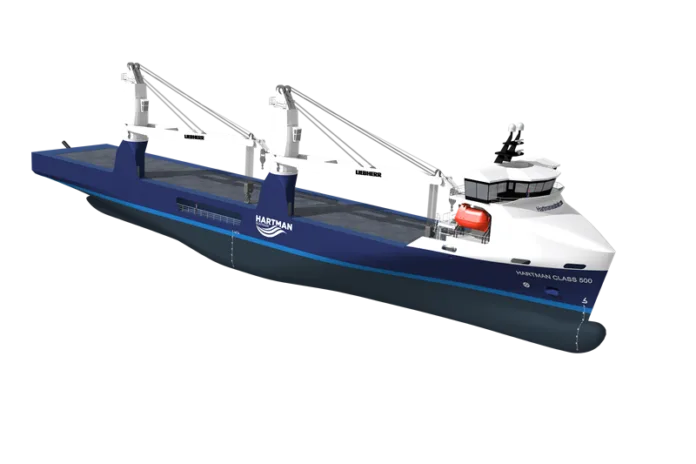As the industry comes together this week to shine a spotlight on bullying and harassment for the Day of the Seafarer with the theme ‘My Harassment-Free Ship, prejudice against LGBTQ+ seafarers remains an ongoing issue. LGBTQ+ clinical psychologists Luca Hütter and Angelo Tenorio, along with OneCare’s Marinos Kokkinis and Gisa Paredes from WellAtSea have penned this exclusive for Splash as Pride Month draws to a close.
Many members of the LGBTQ+ community still face issues with bullying, harassment, assault, cruel jokes disguised as banter and being written off as a valued member of the team, all because of who they choose to love or identify.
Mental health issues arising from people struggling with their sexuality onboard is something we get lots of call about. Along with feelings of isolation and loneliness, there is also a danger of seafarers suffering with internalised homophobia, where they start to hate the very part of them that society tells them is wrong.
This is something we see when people feel they cannot be their true selves and must hide a big part of them away. It is like putting a mask on for months on end, and this can lead to significant implications to their mental health. Internalised homophobia means they can start hating themselves, and this can lead to higher risks for self-harm and even suicide.
For those that are open about their gender identity or sexuality, they can often end up being the constant target of jokes which can be very demoralising. On one end of the scale, there are hate crimes and incidents of assault and bullying that are completely unacceptable and should not be tolerated. But it is important to make people aware that constant jokes about one’s sexuality and labelling something as banter should also not be tolerated.
In the Philippines, it is quite common for gay Filipinos’ sexuality to be the subject of teasing and jokes, and it can often be laughed off as ‘it’s just banter’. But if you have that day in and day out, you start to feel you are not a valuable member of the team if your crewmates tease you about your sexuality and joke you can’t do specific tasks because of that.
It is important that companies adopt zero-tolerance to any type of bullying and leaders lead by example – so any type of comments that are offensive but labelled as a joke are pulled up by senior ranking crew members.
There is a growing shift in attitudes toward LGBTQ+ inclusion within maritime crews, driven by increased awareness, education, and leadership support.
Younger seafarers often bring more open-minded views, while senior officers who lead by example play a big role in shaping a respectful culture. Sharing real stories and talking openly about these issues is helping break down barriers and build understanding onboard.
Changing mindsets at sea requires a multi-faceted approach, with education, empathy, visibility, leadership and accountability as key drivers of progress. While resistance remains in some quarters due to ingrained traditions or cultural beliefs, the maritime industry is gradually embracing inclusivity.
By creating a respectful environment where everyone feels safe and valued, the maritime industry is moving towards a more supportive and inclusive environment.
It is also important to ensure seafarers feel heard and protected. Establishing a culture where concerns can be raised without fear of retaliation is fundamental. At the end of the day, safety is not just physical; it includes psychological safety, too. The more we work together to reinforce this message at every level, the closer we get to eliminating bullying and harassment for good.
Maritime has always been a very masculine industry, and it is important to keep raising awareness for seafarers who represent diversity on many levels, whether it is a gay male seafarer or a female cadet trying to make her career on a primarily male ship. The overall mindset needs to become one of inclusivity, of accepting ‘me for me’. Pride Month gives us all the chance to emphasise that message of inclusivity.














